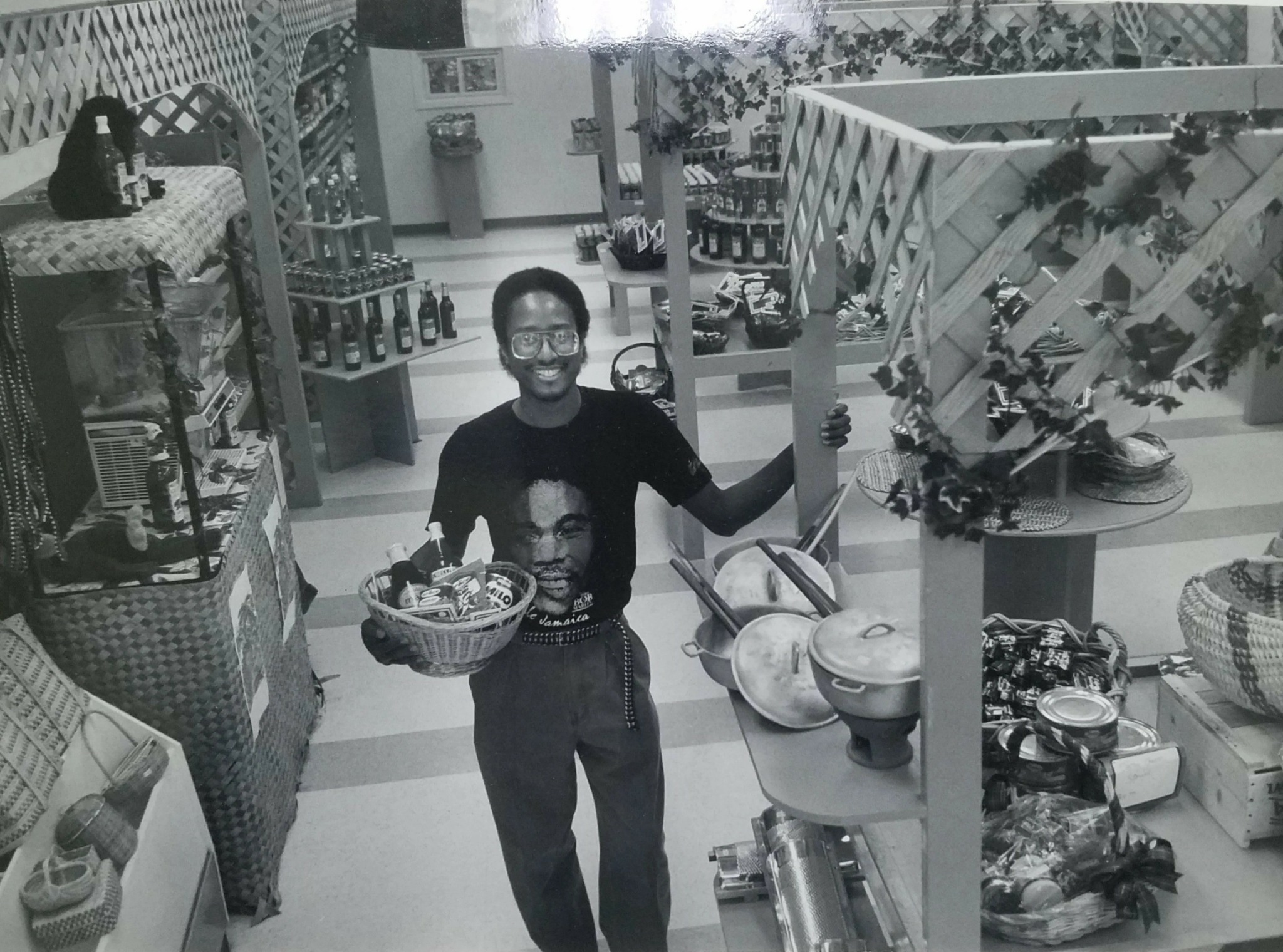We caught up with the brilliant and insightful Andrew Morris a few weeks ago and have shared our conversation below.
Andrew, looking forward to hearing all of your stories today. Can you talk to us about a risk you’ve taken – walk us through the story?
In 1993, I made a decision that completely changed the trajectory of my life—and not without serious risk. At the time, I was working as an associate editor at Newsday, a respected newspaper in Long Island, New York. It was a stable job with a good income and upward mobility. But something kept gnawing at me.
After immigrating from Jamaica and experiencing firsthand the scarcity of authentic Caribbean stores in Long Island—especially those run by people who truly understood the products—I saw a need. A cultural and culinary gap. There were Asian-owned stores selling Caribbean items, but there was no place that felt like home for Caribbean immigrants. No store where someone could walk in, see a familiar face, ask a question about curry, and hear an answer from someone who grew up with it.
So I took the leap.
I quit my job in publishing, a field I had studied and worked in for years, to open a Caribbean grocery store—despite having zero experience in retail. My only qualification? I had shopped in stores like the one I envisioned.
I pressed forward and was eventually able to secure a loan, thanks to a high school friend working in the SBA loan department. But just days before opening, the local building department rescinded our permit due to a new ordinance requiring a variance for retail operations. We had already renovated the space, spent the capital, and placed our first advertisements. The dream was moments away from collapse.
The bank pulled the loan. We were told we’d be fined $250 a day if we opened. But thanks to some divine alignment—and help from our landlord, who knew the mayor—we were able to open our doors. It would still take months before we secured our official zoning variance and even longer before we could make a decent income. Our first “milestone” was $100 in sales. When we hit $500, we popped a bottle of champagne and left a mark in the ceiling.
It took years of resilience and innovation to grow, but today, Sam’s Caribbean Marketplace stands as one of the few Caribbean-owned grocery stores in the NY tri-state area. What began as a wild risk with no roadmap has become a cultural institution that continues to serve our community more than 30 years later,
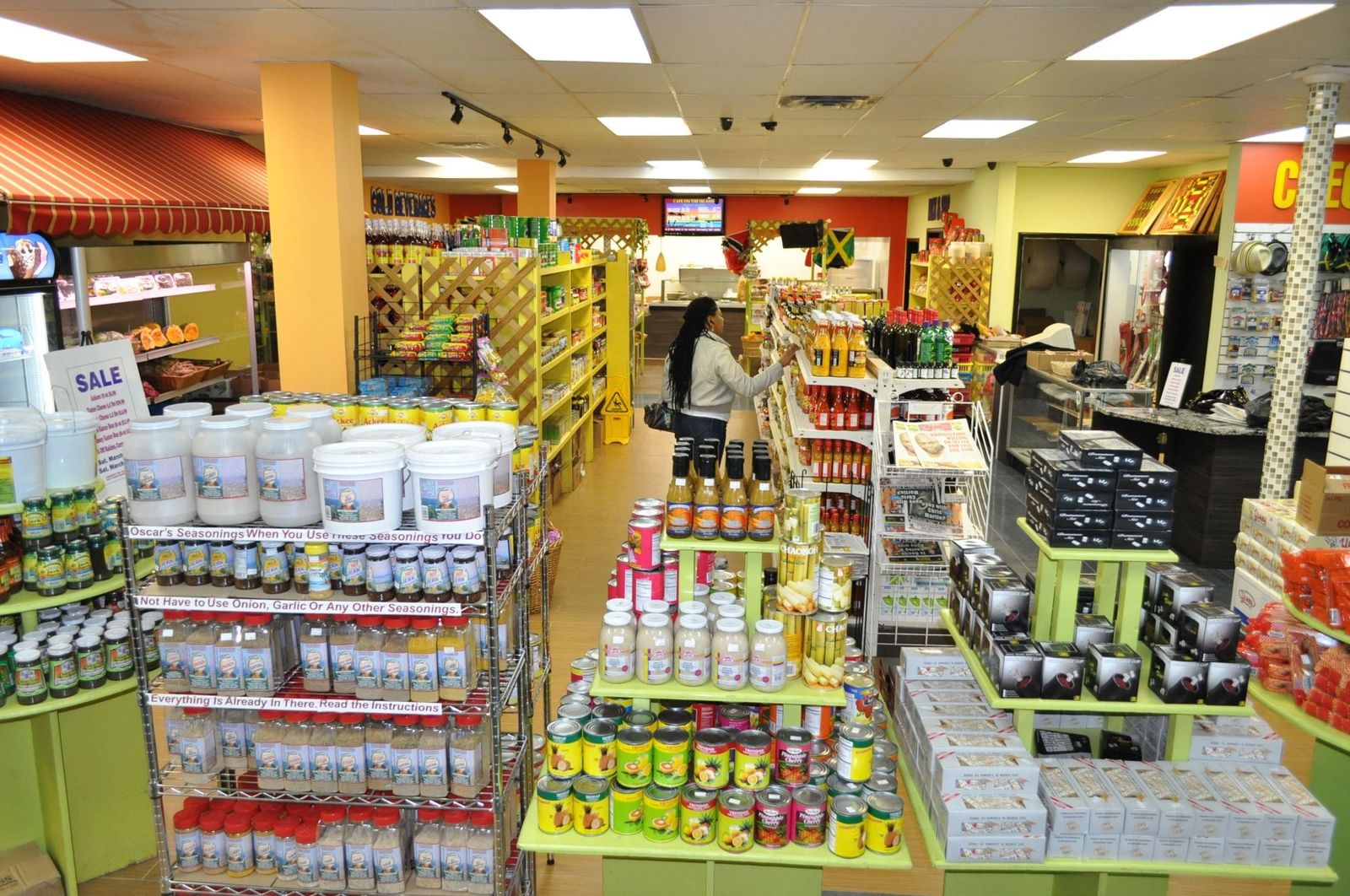
Awesome – so before we get into the rest of our questions, can you briefly introduce yourself to our readers.
My name is Andrew Morris, and I’m the CEO and co-founder of Sam’s Caribbean Marketplace, a family-owned business born out of culture, necessity, and a deep love for community. Originally from Linstead, Jamaica, I immigrated to the United States in 1979, not exactly by choice. My mother had filed for me years prior, and when the opportunity finally came through, I left behind my original plans of becoming a priest and found myself navigating the bustling boroughs of New York City.
I studied communication and business, earning an MBA from Columbia University, and went on to work in book and newspaper publishing. But my entrepreneurial spark came when I moved to Long Island and realized something was missing: a true Caribbean marketplace where people like me could find the flavors, goods, and cultural staples of home. At the time, the only options were a few Asian grocers carrying limited Caribbean items. The cultural knowledge wasn’t there. The community touch wasn’t there. I thought, what if there was a Caribbean-owned and operated space where people not only bought products but felt seen, heard, and understood?
In 1993, after two years of planning—and despite having zero experience in retail—I quit my job and my wife, JKean, and I opened Sam’s Caribbean Marketplace. The name “Sam” honors my late father-in-law, Samuel Bonar, who passed away just as we were finalizing our plans. The store started in a 1,600-square-foot shop beside a Jamaican-Chinese restaurant in Hempstead, NY. With a $200 oven gifted by my mother-in-law, we began baking Jamaican patties four at a time. Soon, we were baking 70,000 patties a year and building a loyal following. Today, we sell over 250,000 patties annually—and that’s just one part of what we do.
What We Do
Sam’s Caribbean Marketplace is more than just a store—it’s a cultural hub. We offer over 1,000 authentic Caribbean products, including:
1. Food & Beverages: Jamaican jerk seasonings, Matouk’s sauces, Grace products, teas, herbal supplements, and bun & cheese for Easter.
2. Prepared Foods: Freshly made oxtail, curried chicken, ackee & saltfish, soups, seafood dishes, and, of course, Jamaican patties.
3. Cultural Items: Books, music, DVDs, and even shipping services to the Caribbean.
4. Online Convenience: With our updated e-commerce site (sams24-7.com) and our new Predictive AI Delivery (PAID) system, we now deliver hot meals and groceries same-day to customers within 100 miles of our store.
We also offer in-store pickup for added convenience. In Jamaica, we partner with local companies to provide door-to-door grocery delivery, bringing the taste of home to every doorstep.
What Problems We Solve
At its heart, Sam’s solves three major problems for Caribbean communities in the diaspora:
1. Access to Authentic Products: We help people find real Caribbean ingredients that are often hard to source outside the islands.
2. Cultural Connection: For many, food is memory. It’s family. It’s home. We provide a bridge to that cultural identity, especially for second-generation Caribbean-Americans.
3. Community Engagement: We are one of the few Caribbean stores in the NY Tri-State area owned and operated by Caribbean people. That matters.
What Sets Us Apart
1. Experience & Knowledge: With 31+ years in business, we don’t just sell products—we know how they’re used, how they’re cooked, and why they matter.
2. Legacy: It’s a true family business. My daughter Melissa has worked here since she was 14, and my son also worked here before joining the Navy and Army National Guard.
3. Human Touch: We know our customers by name. We know their stories. And they know ours. This isn’t just a business; it’s a bond.
What I’m Most Proud Of
I’m proud that we’ve stood the test of time. Through bureaucratic red tape, loan rejections, and location changes, we’ve kept going. I’m proud that we started with a $200 oven and now serve customers across the country. And I’m proud of how this store keeps my father-in-law’s memory alive every single day.
But most of all, I’m proud that Sam’s Caribbean Marketplace is more than a store. It’s a feeling. It’s that first bite of bun and cheese. It’s hearing reggae playing while you shop. It’s the reminder that no matter how far you are from home, home isn’t far from you.
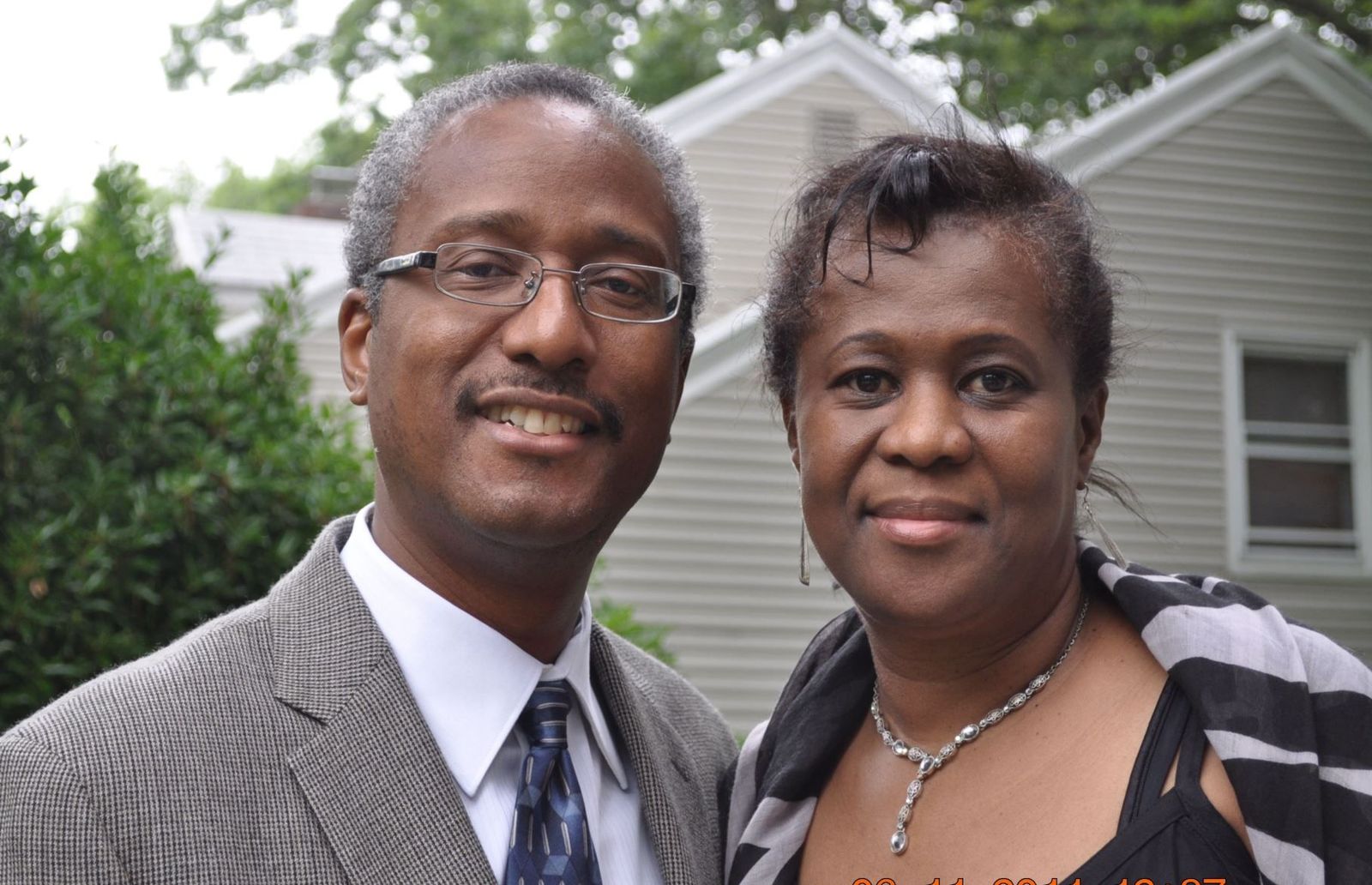
How’d you build such a strong reputation within your market?
The foundation of Sam’s Caribbean Marketplace was never just about selling products—it was about creating a space that felt like home. From the very beginning, our reputation grew through trust, consistency, community service, and a deep understanding of our culture.
1. Consistency and Presence
In an era where faces at the checkout change weekly in big box stores, we became a constant. I was behind the counter, Melissa was helping customers as a teen, and even my wife, Jean, was part of the early grind. People knew us, saw us every day, and got used to that familiarity. That built trust, not just as a store, but as a part of their lives.
2. Cultural Expertise
We weren’t just stocking Caribbean items—we knew the meaning behind each one. Whether someone needed sorrel for Christmas, curry powder for Sunday dinner, or a specific brand of bun at Easter, we could guide them. Our customers felt that authenticity, and that earned us a level of credibility most stores can’t replicate.
3. Serving the Community Beyond the Counter
A lot of people don’t know this, but over the years we’ve supported local nonprofits, mentored entrepreneurs, and quietly helped families in need. One of our proudest honors was being recognized by COJO (Children of Jamaica Outreach), whose founder credits a conversation in our store 30 years ago as pivotal to his journey. Those moments, the unseen ones, are what helped shape our reputation as more than a store.
4. Staying Grounded While Innovating
We were early adopters of e-commerce—launching our first website back in 2003—and now we’ve introduced same-day AI-driven delivery. But even as we modernized, we never lost our identity. Our service remained personal. We still greet folks by name. And that’s made all the difference.
5. A Reputation Summed Up in One Legendary Line
One day, a longtime customer told a friend, “If Sam’s doesn’t have it, you don’t need it.” That quote has stuck with us because it says everything. It’s not just about inventory—it’s about trust. It’s about knowing that if you walk into Sam’s looking for a taste of home, a memory, or a connection, you’ll find it. Or, if you don’t, it probably doesn’t exist.
At the end of the day, we built our reputation slowly, intentionally, and with plenty of heart.
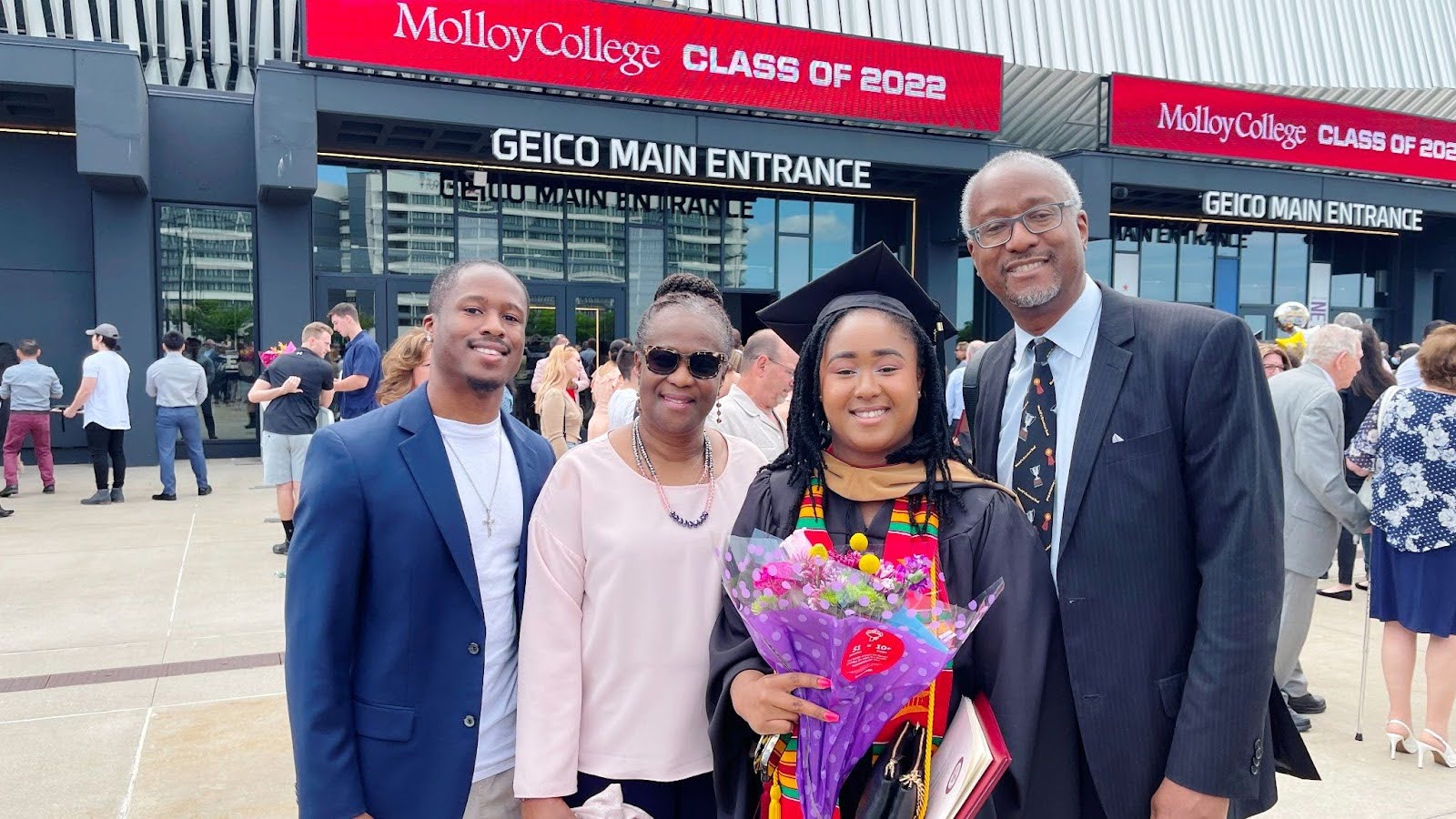
We’d love to hear your thoughts about selling platforms like Amazon/Etsy vs selling on your own site.
At Sam’s Caribbean Marketplace, we made a deliberate choice to sell directly through our own website, sams247.com, rather than through third-party platforms like Amazon, Etsy, or Cratejoy. That decision has shaped how we connect with customers and control our brand experience—something that’s extremely important to us as a culturally and community-centered business.
Why We Chose to Sell on Our Own Site
1. Direct Relationship With Our Customers
We want to know our customers by name, not by order number. Selling on our own platform allows us to maintain personal relationships, gather direct feedback, and tailor our services (like delivery preferences and in-store pickup) to suit our local and diasporic communities.
2. Control Over the Brand Experience
On third-party platforms, we’d be competing with hundreds of other vendors selling similar items. On our site, we tell our story—from the legacy of my late father-in-law, Sam, to the stories and descriptions behind the various products we stock.
3. Flexibility to Innovate
Because we own our digital infrastructure, we were able to roll out our Predictive AI Delivery (PAID) system, offering same-day and scheduled delivery across a 100-mile radius. That level of customization wouldn’t be possible on most third-party platforms.
4. Better Margins
Let’s be honest—Amazon takes a big bite out of your profits. By selling direct-to-consumer, we keep more of the revenue and reinvest it into expanding our product line, improving packaging, and supporting community initiatives.
But It’s Not Without Its Challenges
1. Driving Traffic Takes Work
When you’re on Amazon, the customers are already there. With our own site, we have to work harder to drive traffic through SEO, email marketing, PR, and social media. That’s where our recent investment in digital marketing and public relations has helped tremendously.
2. Building Trust Takes Time
Especially for newer customers, there’s a layer of trust Amazon can lend automatically. When someone stumbles on our site, we need to earn that trust through clear policies, reviews, fast shipping, and transparent service. And we do.
3. Managing Logistics In-House
Platforms like Amazon offer fulfillment services (at a steep price). Since we handle fulfillment ourselves, it means managing inventory, packing orders, and dealing with the occasional hiccup directly. But again, it’s our hands, our standards, and our customer service.
Selling on our own platform lets us honor our roots while embracing the future. We’re not just moving products—we’re moving culture. And to do that right, we believe it has to happen on our terms, in our space, with our name on the door.
If Sam’s doesn’t have it, you don’t need it—and yes, you can order it straight from us.
Contact Info:
- Website: https://sams24-7.com/
- Instagram: https://www.instagram.com/samscaribbean/?hl=en
- Facebook: https://www.facebook.com/Sams247/
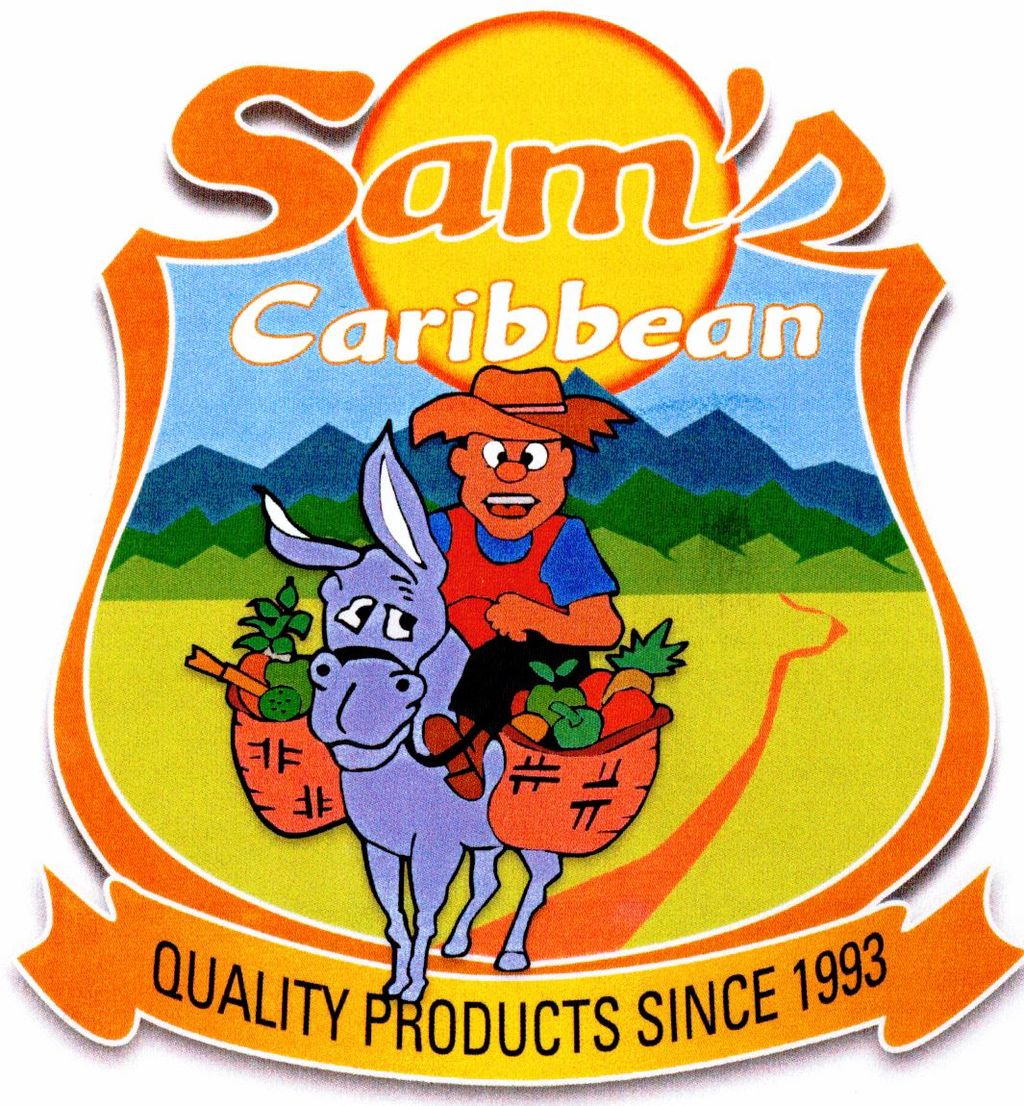
Image Credits
Images can be credited to Andrew Morris.


